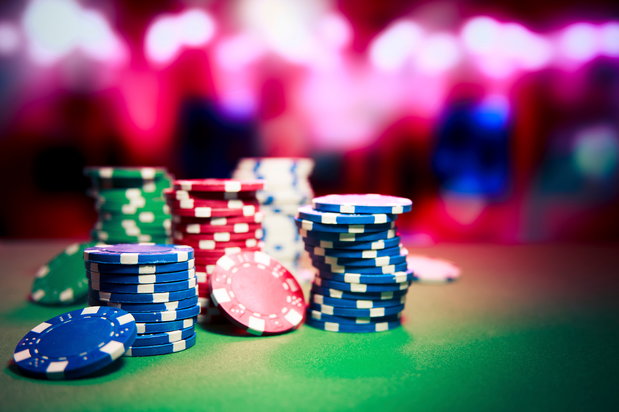Gambling addiction differs from drug and alcohol addiction in that the results of the overindulgence in substances is apparent where the gambling addict shows no physical signs of addiction. There are no slurred words, shuffling gaits, bloodshot eyes, listlessness or ashen pallor to accompany the demeanor of the compulsive gambler. Rather, the unseen consequences may be financial, social and legal problems, including bankruptcy, divorce, job loss and jail time.
Gambling is for the most part a form of legal entertainment that can be indulged in anywhere one lives as well as online making it a universal enterprise in which anyone over 21 years old can freely participate. Most states actually encourage gaming through state-supported lotteries of all types and sizes. No one has to travel to Las Vegas, Reno or Atlantic City any longer to satisfy their gambling impulses.
Demographics
Although the addicted gambler exhibits no signs of his or her affliction, the demographics of the group, which involves only about 2% of all people who gamble, looks like this:
- Ages 18 – 29 and 40 – 49
- Overwhelmingly male
- 64% of 207 gamblers in treatment preferred casino gambling; 43% preferred lotteries
- Hugely in debt
- Heavy consumers of alcohol
- 14% of illegal substance abusers in treatment are also gambling addicts
These statistics are from a 1996 Smart and Ferry survey of 2,016 adults in Ontario, Canada. The age and gender demographics destroy the stereotypical image of the little-old-ladies at the slot machines gambling away their Social Security checks.
Available Treatments
Treatments for pathological gambling are similar to the methods used for substance abuse in that in order to be successful they must be tailored to fit the needs of the particular individual. Therefore, beneficial treatments consist of individual and group therapy, such as Alcoholics Anonymous and Gamblers Anonymous, family therapy and other types of structured recovery programs. Successful recovery, of course, depends very much on the gambler’s commitment to the treatment and the will to follow the program religiously.
Perhaps the major difference between the treatments for the gambling addict and the substance abuser is that there are no objective tests like random urine drug testing and thus no way to identify when the gambler has relapsed. Another notable difference is that there are no medications to treat impulse-control disorders. Medications that treat depression or anxiety can be helpful in reducing the urges and cravings that can trigger gambling binges, but currently there are no medicines specifically created to address the problem of addictive impulses.
The Outlook
Much like alcohol or drug addiction, pathological gambling is a long-term disorder that worsens unless treated. Relapses among recovering gambling addicts occur at least as frequently as those among other types of addicts in recovery. This is no excuse for the gambling addict not to seek rehabilitation or to give up on his recovery program.
Because of the low number of treatment programs specifically focusing on gambling addiction, there are not enough people in rehabilitation facilities to form an accurate recovery success rate. The onset of the accompanying stress, anxiety, depression and suicidal tendencies can be successfully treated with proper medication and behavioral therapy. With a rosier outlook on life, the perceived crisis events that trigger compulsive gambling behaviors may occur less often or not at all.
If you or someone you know is seeking help for compulsive gambling, please visit our directory of counseling and therapy centers or call 866-606-0182 to start the path to recovery today.








